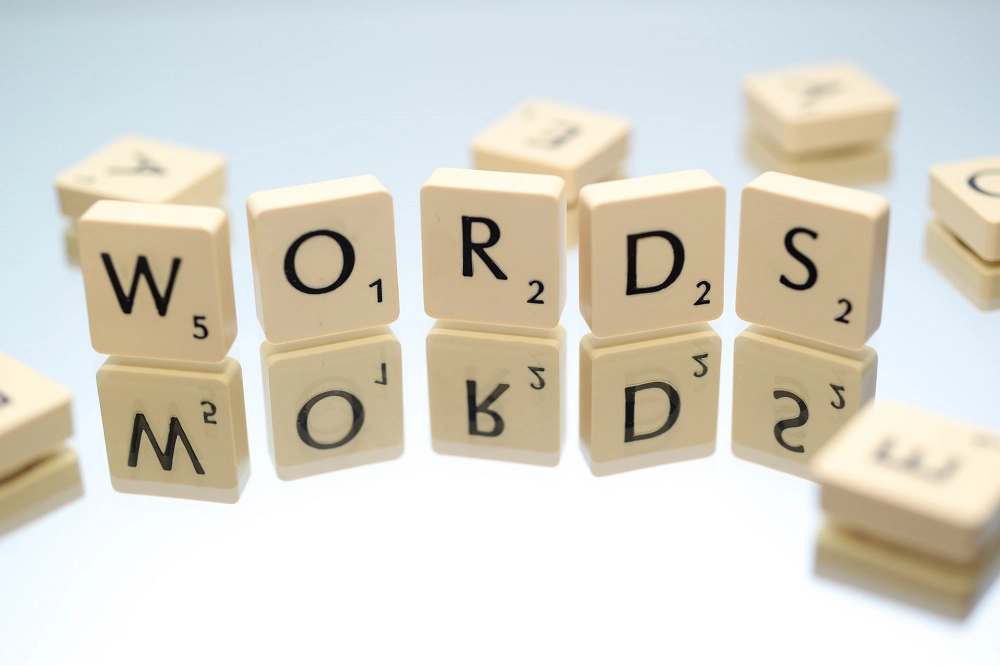Words are easy; easy to think of, easy to say, easy to throw around. Our words can encourage, support, and expand our relationships, or they can hurt, insult, and distance us from others. Consider the impact of the words that you choose to use. Are they thoughtful? Compassionate? Caring? Or are your words sometimes used to hurt, or to judge? Are they, at times, sarcastic? Biting? Mean-spirited? Defensive?
Consider the difference between the words “weak” and “vulnerable.” In emotional terms, “weak” certainly carries a negative connotation, implying someone is unable, incapable, or simply less than in some way. However, if we refer to someone as emotionally “vulnerable,” we are more likely to view them as open to experience, perhaps even brave to be willing to risk emotional engagement.
Maybe you are someone who says one thing and yet means something else. For example, responding with “I understand…” when you actually don’t, in an effort to simply end a conflictual exchange, accomplishes nothing. You have simply set yourself up for the same conflict in the future; one in which the other party begins with “…I thought you understood?”
Let me suggest that we could all do better with the words we choose. Conveying truth (even a hard truth), interest, concern, understanding, frustration, worry, and even anger can all be accomplished by attending to and, yes, measuring our choice of words. Give it a try. The power of well-chosen and thoughtful words can build, or re-build, even the most troubled relationships.
A relationship counselor at Trinity Family Counseling can help you choose better words when communicating to avoid hurting, insulting, and distancing yourself from others.



